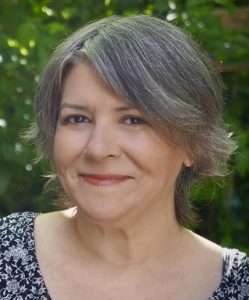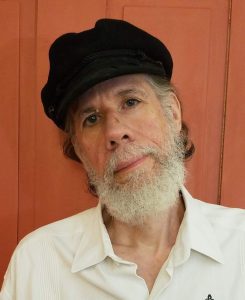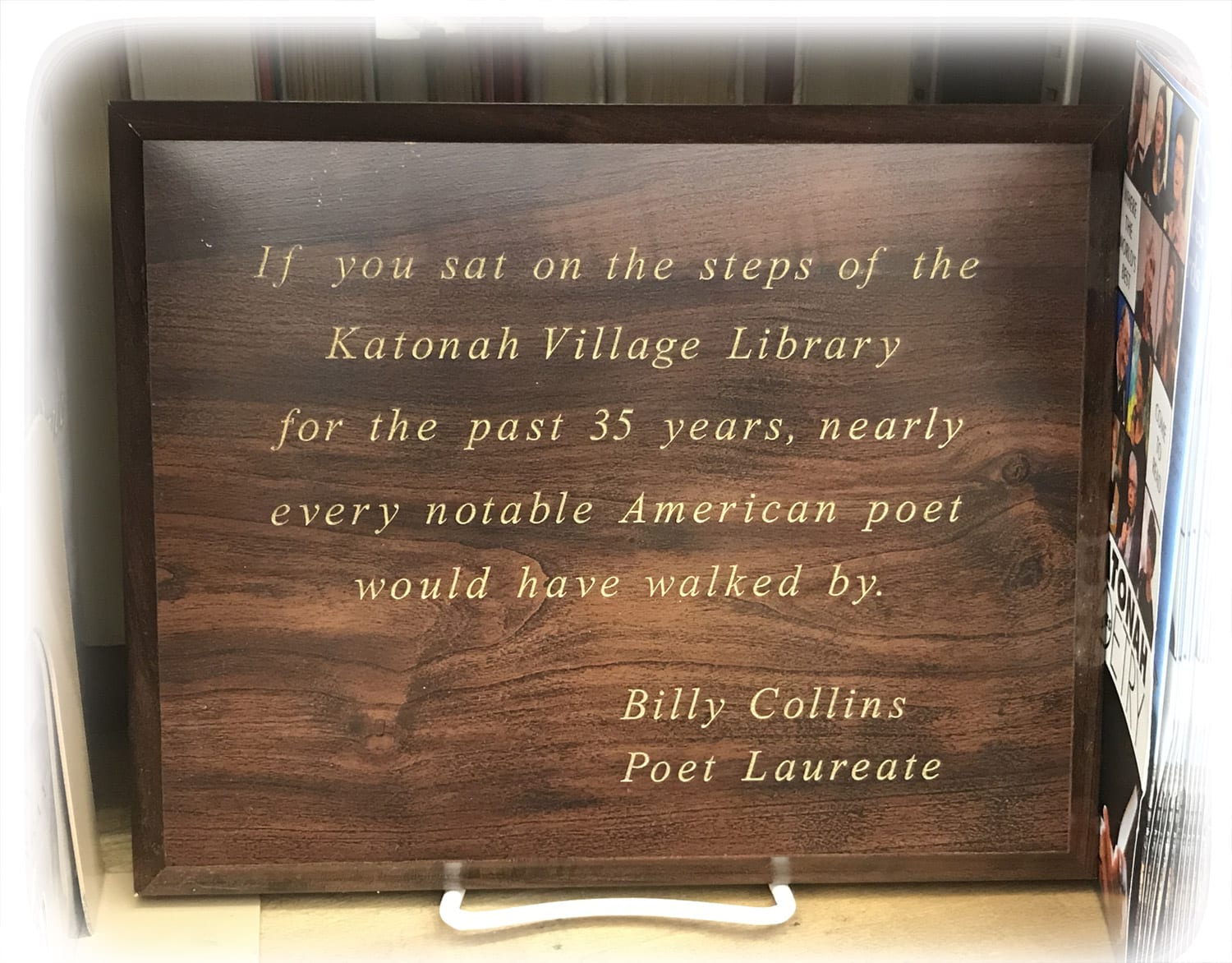Your beloved Katonah Poetry Series (KPS) is at risk. Covid-19 brought a significant decrease to audience size, program volunteerism, and the fundraising efforts needed to sustain this Series. You have the power to help save KPS. Your gift today will ensure that poetry remains an accessible art form in our community.
For over half a century, KPS has been a cultural institution. Founded by local poet Robert Phillips and continued with former Poet Laureate of the United States, Billy Collins, KPS has hosted the most accomplished poets in the world.
While KPS is a program of the Katonah Library, it is independently managed by dedicated volunteers, because expenses for hosting renowned poets exceed the library’s program budget.
KPS cannot continue without your gift today. Please act now to ensure the future of poetry. Make a gift today and attend KPS events. Help keep the beauty of poetry in Katonah.
Upcoming Readings for 2024
April 14, 2024: Jennifer Michael Hecht
Co-Sponsored by Katonah Village Library and Katonah Poetry Series
A book discussion about the many ways we use poetry in our daily lives

Read KPS’s exclusive Interview with Jennifer Michael Hecht, conducted by Ann van Buren.
Jennifer Michael Hecht is a poet, historian, and commentator. Her most recent book is The Wonder Paradox: Awe, Poetry, and the Meaningful Life (2023) a guide to using poetry to find meaning, invoke awe, and rest in some clarity of mind. She is the author of the bestseller Doubt: A History, a history of religious and philosophical doubt all over the world, throughout history. In Stay: A History of Suicide and the Arguments Against It (Yale University Press, 2013) she scrutinizes the moral status of suicide. Her The Happiness Myth (HarperOne, 2007), brings a historical eye to modern wisdom about how to lead a good life. Hecht’s The End of the Soul: Scientific Modernity, Atheism, and Anthropology won Phi Beta Kappa’s 2004 Ralph Waldo Emerson Award “For scholarly studies that contribute significantly to interpretations of the intellectual and cultural condition of humanity.” Her books have been translated into many languages. More Info>>
May 12, 2024: Mark Irwin
 Mark Irwin’s forthcoming collection, Once When Green (2025) has just been awarded the 2024 Juniper Prize for Poetry. Irwin is the author of eleven other collections of poetry, including Joyful Orphan (2023), Shimmer (2020), A Passion According to Green (2017), American Urn: Selected Poems (1987-2014), Large White House Speaking (2013), Tall If (2008), Bright Hunger (2004), White City (2000), Quick, Now, Always (1996), and Against the Meanwhile: Three Elegies (1988). He has also translated Philippe Denis’ Notebook of Shadows and Nichita Stanescu’s Ask the Circle to Forgive You: Selected Poems. His collection of essays, Monster: Distortion, Abstraction, and Originality in Contemporary American Poetry, was published in 2017. His poetry and essays have appeared in many literary magazines including The American Poetry Review, Agni Review, The Atlantic Monthly, Georgia Review, Harper’s, The Kenyon Review, Paris Review, Pleiades, Poetry, The Nation, New England Review, New American Writing, The New Republic, The New York Times, and The Southern Review. More Info>>
Mark Irwin’s forthcoming collection, Once When Green (2025) has just been awarded the 2024 Juniper Prize for Poetry. Irwin is the author of eleven other collections of poetry, including Joyful Orphan (2023), Shimmer (2020), A Passion According to Green (2017), American Urn: Selected Poems (1987-2014), Large White House Speaking (2013), Tall If (2008), Bright Hunger (2004), White City (2000), Quick, Now, Always (1996), and Against the Meanwhile: Three Elegies (1988). He has also translated Philippe Denis’ Notebook of Shadows and Nichita Stanescu’s Ask the Circle to Forgive You: Selected Poems. His collection of essays, Monster: Distortion, Abstraction, and Originality in Contemporary American Poetry, was published in 2017. His poetry and essays have appeared in many literary magazines including The American Poetry Review, Agni Review, The Atlantic Monthly, Georgia Review, Harper’s, The Kenyon Review, Paris Review, Pleiades, Poetry, The Nation, New England Review, New American Writing, The New Republic, The New York Times, and The Southern Review. More Info>>
September 22, 2024: Martín Espada
Special Introduction by Esmeralda Santiago
“I see the poetic imagination as essential to the political poem. For poetry, truth is necessary but not sufficient. The imagination—that imagined afterlife, that imagined justice—goes to the heart of the poem as vision. William Blake wrote: ‘What is now proved was once only imagined.’ We must imagine justice, even the impossible, even if this requires leaps that some might call surreal.” —Martín Espada

Martín Espada has published more than twenty books as a poet, editor, essayist and translator. His latest book of poems is called Floaters, winner of the 2021 National Book Award and a finalist for the Los Angeles Times Book Prize. Other books of poems include Vivas to Those Who Have Failed (2016), The Trouble Ball (2011), The Republic of Poetry (2006), Alabanza (2003) and Imagine the Angels of Bread (1996). He is the editor of What Saves Us: Poems of Empathy and Outrage in the Age of Trump (2019). He has received the Ruth Lilly Poetry Prize, the Shelley Memorial Award, the Robert Creeley Award, an Academy of American Poets Fellowship, the PEN/Revson Fellowship, a Letras Boricuas Fellowship and a Guggenheim Fellowship. The Republic of Poetry was a finalist for the Pulitzer Prize. The title poem of his collection Alabanza, about 9/11, has been widely anthologized and performed. His book of essays and poems, Zapata’s Disciple (1998), was banned in Tucson as part of the Mexican-American Studies Program outlawed by the state of Arizona. A former tenant lawyer in Greater Boston, Espada is a professor of English at the University of Massachusetts-Amherst. More info and Video>>
Read our exclusive interviews with Jennifer Michael Hecht, Henri Cole, Kim Addonizio, Matthew Olzmann, Franny Choi, Kevin Pilkington, Peter Filkins, Dana Levin, Jenny Xie, Arthur Sze, Dan Chiasson, Forrest Gander, Rosanna Warren, Laura Kasischke, Gregory Djanikian, Timothy Donnelly, Timothy Liu, Diana Goetsch, Deborah Landau, Maggie Smith, Brenda Shaughnessy, Carl Phillips, Major Jackson, and Alan Shapiro.



